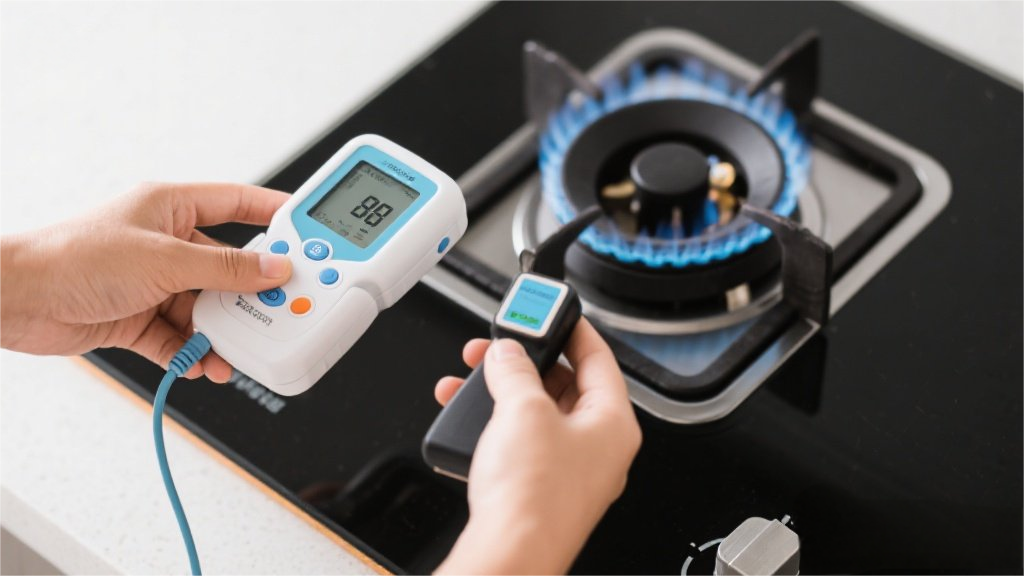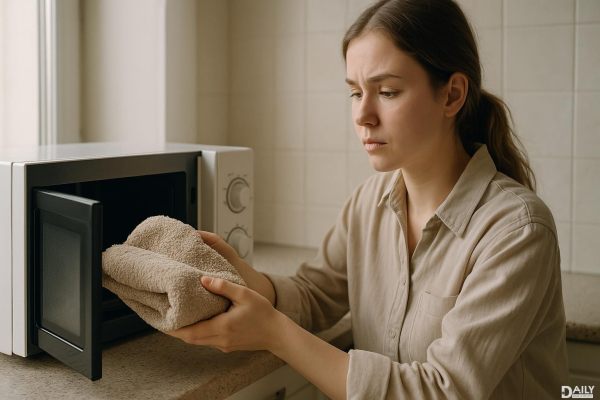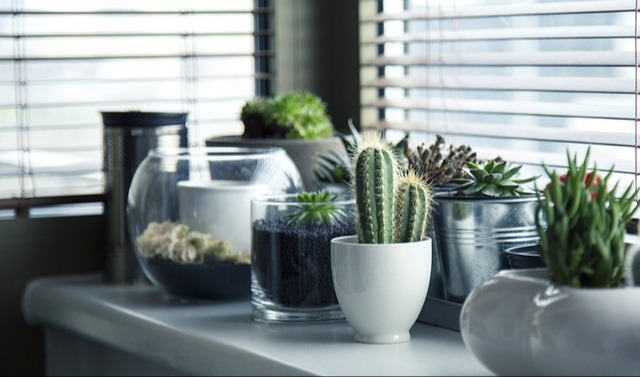Sleep meditation might sound like just another wellness trend, but for someone who went from being a champion sleeper to a restless insomniac overnight, it became a game-changer. My usual routine—falling asleep fast, staying asleep, waking up refreshed—got hijacked by stress and anxiety, turning bedtime into a battleground. No amount of over-the-counter sleep aids, white noise, or early phone curfews made a dent. That’s when I turned to sleep meditations, and within a month, my relationship with sleep transformed completely.
The Science Behind Sleep Meditation
Sleep meditation isn’t just about lying still and hoping for the best. It’s a structured practice that taps into the parasympathetic nervous system—the part of your body responsible for rest and digestion. When stress or anxiety keeps you awake, your sympathetic nervous system (the "fight or flight" mode) is in overdrive. Sleep meditations work by guiding your mind away from racing thoughts and into a state of deep relaxation, essentially flipping the switch from "alert" to "at ease." Studies have shown that meditation can increase melatonin production, lower cortisol levels, and even improve sleep quality in people with chronic insomnia. So, while it might feel like you’re just listening to a soothing voice, your brain and body are actually undergoing a physiological shift that primes you for sleep.
How I Made Sleep Meditation Work for Me
Consistency was key. I committed to doing a sleep meditation every single night, no excuses. I set up my environment for success—white noise, a fan for airflow, and my phone placed just far enough away that I wouldn’t be tempted to scroll. The Headspace app’s variety kept things fresh: some nights, I’d do a body scan, mentally relaxing each limb until I felt heavy and still. Other nights, I’d follow a breathing exercise, inhaling for four counts, holding for seven, exhaling for eight. The "Daily Wind-Down" meditation, where you replay your day in slow motion, was surprisingly effective at quieting my overactive mind. By the time the narrator’s voice faded out, I was usually already drifting off.
The Unexpected Benefits Beyond Sleep
Better sleep was the obvious win, but the ripple effects surprised me. My daytime anxiety decreased because I wasn’t starting each morning exhausted. I became more patient, less reactive. Even my productivity improved—turns out, a well-rested brain makes better decisions. And because I wasn’t relying on sleep aids, I avoided the grogginess that often comes with them. Meditation also taught me to recognize the early signs of stress before they spiraled into sleeplessness. Now, if I catch myself clenching my jaw or overthinking at night, I know it’s time to pause and breathe instead of letting it snowball.
Tips for First-Time Sleep Meditators
If you’re skeptical or think meditation "isn’t for you," start small. Try a five-minute session instead of diving into a 20-minute one. Experiment with different styles—guided imagery, counting breaths, or even nonsensical visualizations (like imagining you’re floating on a cloud). Don’t worry if your mind wanders; that’s normal. The goal isn’t to empty your thoughts but to gently redirect them when they drift. And if you fall asleep mid-meditation? That’s a win. Finally, give it time. Unlike sleep pills, meditation’s effects build gradually. I didn’t notice a dramatic difference until the third night, but by week two, my sleep felt deeper and more consistent.
Sleep meditation didn’t just fix my insomnia—it rewired how I handle stress altogether. What began as a desperate experiment turned into a nonnegotiable part of my routine. And while I’ll never be one of those people who falls asleep the second their head hits the pillow (seriously, how?), I’ve reclaimed the ability to shut off my brain and actually rest. If anxiety or overthinking keeps you up, it’s worth a shot. Worst-case scenario? You’ll just end up really relaxed.
























